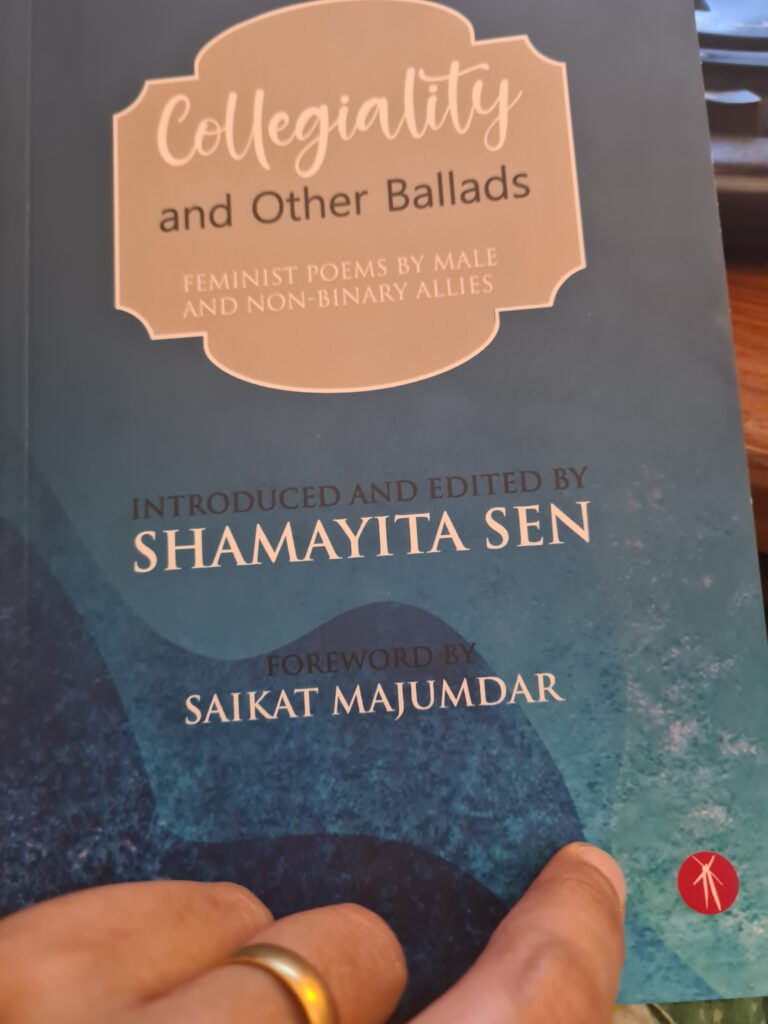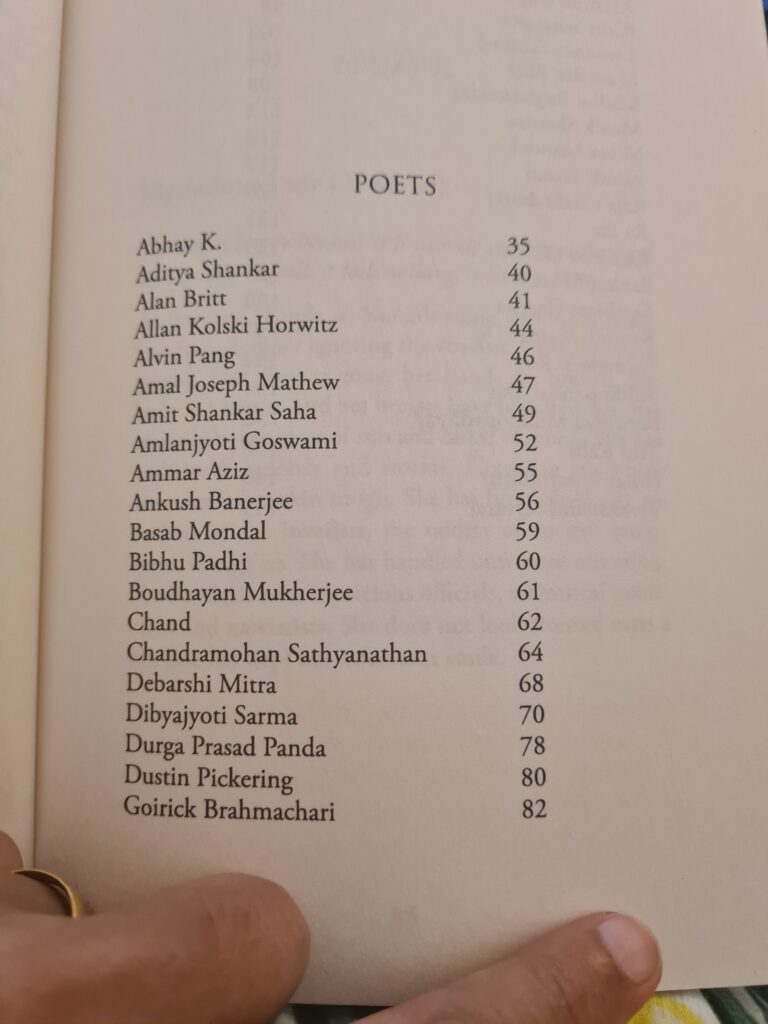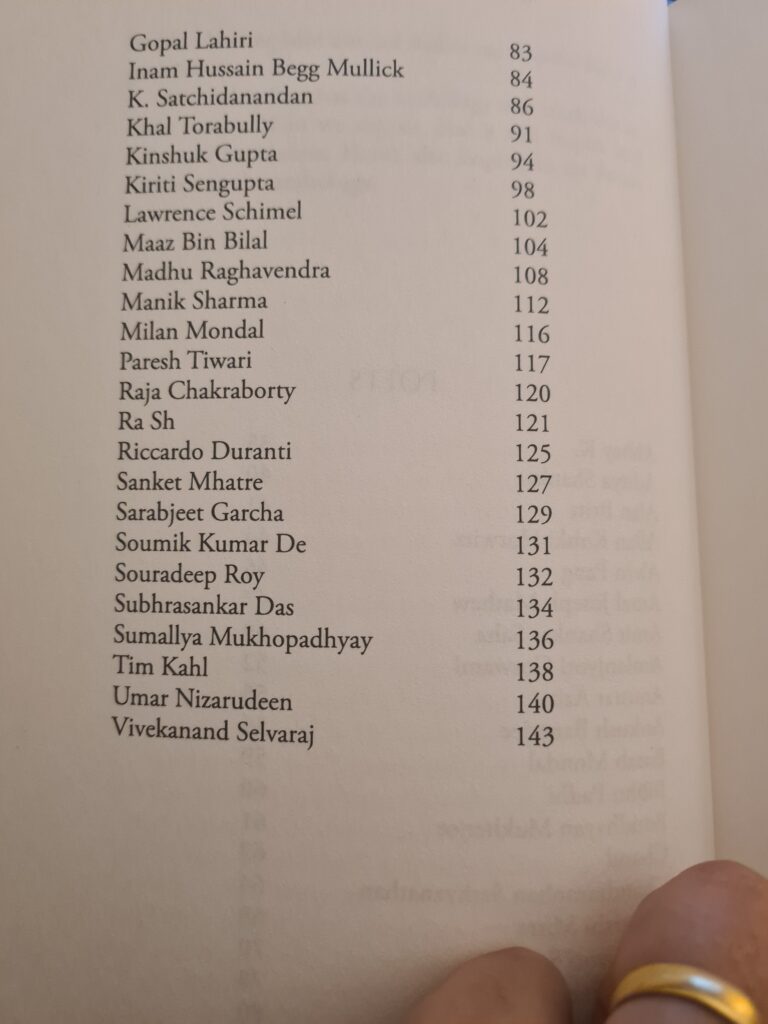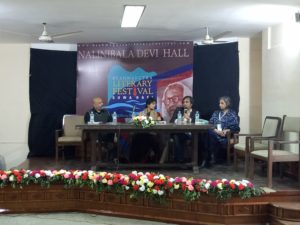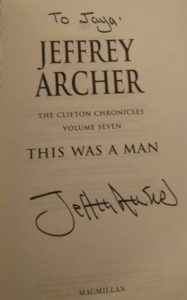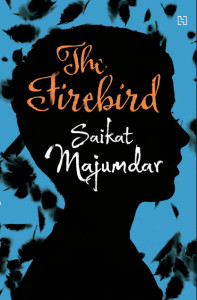
LR
(Saikat Majumdar’s second novel, The Firebird, was published recently by Hachette India. I enjoyed reading it. Saikat and I exchanged a few emails. With the author’s permission, I am publishing an extract from the correspondence.)
Dear Saikat,
I realised in my mail of the morning I did not specify how much I enjoyed reading your novel. I liked it for the sparing use of words but just enough to keep the story moving on. Yet it was packed with sufficient information to create an atmosphere. I would be careful not to use the word ‘detail’, since it does not have much, only that which is required. The story is evocative. And for many of us who may not have lived in Calcutta but were familiar with the Naxal movement and rise of the Communist Party, it does bring memories of stories conveyed by eyewitnesses. I particularly liked the way you wove in a decaying theatre with the determination of a young actress to work. Obviously given the set up at home there was no crying urgency for her to step out. Women were looked after. But I liked the steely resolve of this woman to step out every evening to perform, irrespective of the comments made at home, snide remarks directed at her in public and later the interference of the party members. She was trying to do the balancing act with no help from her husband. He really comes across as a weak man. In the slim novel, you take one through a range of conflicting emotions. I was not even very sure at the end whether to feel sorry or plain angry at the madman who strangled the young girl. I did feel very sad for the young girl and empathised with the young man when he left his mother’s apartment, years later. As for the father and aunt, no chance. Painful creatures.
It is a sad, sad novel with a claustrophobic air to it. But it gets the spirit of Calcutta and Bengali families ever so well. While reading it, my senses were tickled. I could get the smell and visualise much of Calcutta, even though it was not etched in as many words by you.
And yet, it is a wonderful story. Memorable.
One day, you must tell me more about it. How did you begin to write it? What inspired it? 8 years is a long time to spend writing it. Did it involve a lot of research?
I hope it sells well.
Warmly,
JAYA
Dear Jaya,
Thank you so much for your lovely words on The Firebird! It means the world to me! I wrote it after having done a novel and a book of criticism, as it were, getting the ‘firsts’ out of the way, after which I felt ready to write the ‘first’ real book! It sounds strange, but if you have read my first novel, Silverfish, you will perhaps know what I mean. I’m happy I wrote Silverfish and yet it obviously feels like a first novel now, and no, not one of the magical first novels that some writers produce either!
It took me about five and a half years to write this novel. I started this in August 2010, after abandoning about 80 or so pages of a novel that I realized was not going to work. Also, this was the period when I wrote most of Prose of the World, my book of criticism, so my attention was somewhat divided, especially during the early part of this period.
I think the most important that happened between my first and second novels is that I learnt, or rather unlearnt, the shadow of the intellectual, the metafictional, all that clever stuff that stays with us from our engagement with much 20th century fiction. Silverfish was similar to The Firebird in setting and even time period, but for all its attempt to evoke the local, there was something ethnographic about it, which is why, I think, the emotions did not pack the punch they should have. This one came out more viscerally, with more raw, physical power, almost beyond my control. However, I worked hard to get the ‘spareness’ that you point out so well. I’ve always been a descriptive writer, something of a sensualist, but in The Firebird I learnt to achieve effect with minimal words, a hard lesson for a writer who grew up on Joyce and Woolf. Sometimes the narrative instinct and the descriptive instinct, I think, work against each other – one moves through time and the other through space – and description can slow down narrative. One of the most satisfying things about this novel for me is narration and description seems to have found a mutual equilibrium, and one has not hindered the other. People seem to be taking from it what they like. While most say they are gripped by the narrative, there are also those who have told me that the larger arc of the narrative seems – happily – overwhelmed by the fragrance of Chinese food or the odour of rum with Coke, or the blistering dust of burgeoning suburbs, whatever, and they didn’t even care about the narrative at those points. Completely paradoxical reactions, but I’m happy that the novel has evoked both.
…
Warmly,
Saikat
31 August 2015
Saikat Majumdar The Firebird Hachette India, Gurgaon, India, 2015. Hb.

